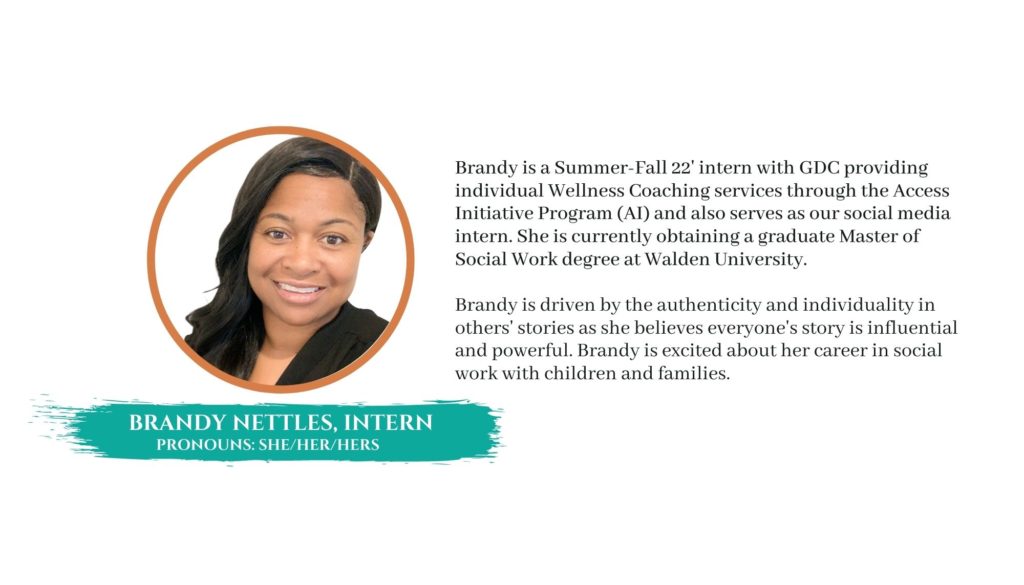In today’s society, there are many changes going on all around us. Whether we turn on the news, glance at our phones when we first wake up, or find ourselves watching something profound someone has been caught doing on a video has everything to do with some of the stress we may all be feeling these days.
Oftentimes, we may pick and choose what we stop to read and consume based on the level of what we feel we can handle after being exposed to so much content. For some of us, picking and choosing what we read or listen to, is directly related to the level of stress we are under at the moment.
Maybe we chose to watch entertaining social media posts because we need the release of laughter. When we do this, we are essentially using a coping strategy to distract ourselves, deflect, help us unwind, and not have to add additional stress to our current state of being. However, stress over time has been related to increased mental health challenges that become reactions to stress, such as anxiety and depression.
Let’s go over some of the latest news topics that may have some of us under added stress:
-Roe vs Wade Overturned | A Woman’s Right to Abortion
-Current Inflation | The High Cost of Living
-Continued Police Assault on Black Minorities | It Keep Happening
-Mass Shootings | When Will it Stop?
Although we cannot expect to anticipate what our reactions to news events will be, we do have some form of control over how we navigate our day.
Here are 3 Considerations to Help with a News-Filled Day:
First, choose to start your day mindfully:
Be mindful about what you choose to take in. Being mindful means that you try to pay attention to how you are feeling and what you are thinking. Mindfulness is also accepting your responses to your thoughts and feelings and making a focused decision on what you intend to do.
If you don’t feel like using social media for the day, you can make a mindful choice not to engage. If you feel you need a break from negative news and rather focus on news that is positive, then make a mindful choice to shift your actions.
Second, choose not to dive into news right before bed:
Sure, many of us may view the time right before bed as a time to relax and use social media as a form to do so. However, screen time and the blue light that emits from our phones and computer screens have been shown to interrupt and decrease our body’s natural levels of melatonin.
When our melatonin levels are disrupted, it results in difficulty getting into a deep, restful sleep. A lack of quality, restful, sleep exposes us to an increased risk of anxiety and depression.
Third, try to avoid indulging in harmful comments:
Social media can be riddled with comments that can provoke feelings of anxiety, worry, frustration, and anger. Allow yourself to not feel pressured into the social norm of using social media all the time. This social norm maintains the opinion that if you are not using social media, you might miss out on something.
If you notice topics are getting too heavy, you can choose to disconnect. An example of this could be to take apps off of your phone or deactivate accounts. This can be a temporary solution or a long-term one. The choice is yours!
It is not uncommon to feel overwhelmed or uneasy from current events that happen around us that are out of our control. It may be helpful to talk through your individual experiences. Talking through your experiences can foster a sense of support, but most importantly it allows you to constructively increase your wellbeing.

